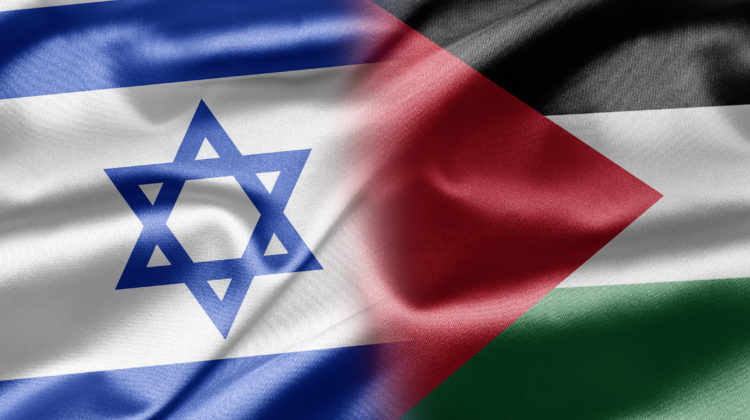
The cannabis market is booming in the U.S. as 36 states and counting have some form of legal cannabis. Across the world, citizens of Israel and Palestine are hoping to expand access to the plant as well.
Cannabis use in the Middle East dates back to ancient times. In Jerusalem, historians have found archeological sites containing cannabis, reports the Smithsonian Magazine.
Here, historians believe it aided the birthing process. They found evidence of burned cannabis, a practice they suggest was introduced by the ancient nomadic tribes, the Scythians, who “swept through Palestine [in] 630 B.C.,” according to the book, Cannabis in Medical Practice.
This site dates back nearly 2,700 years. It is currently the earliest known use of cannabis in this area. Flash forward to modern times, cannabis continues to impact the relationship between government and society.
Cannabis in Israel
Israel citizens consume more pot per capita than anywhere else in the world, according to a 2017 U.S. News report. Additionally, Israel is a global leader in the field of medical cannabis research.
Israel was one of the first countries to legalize medical cannabis. It did so in the 1990s, according to the Jewish Virtual Library. While officials also partially decriminalized it; it still remains illegal for recreational use.
However, research shows that 27% of Israeli adults consume cannabis regularly, according to The Times of Israel. In the U.S., by comparison, 12% of adults consume cannabis regularly, according to a 2019 Gallup poll.
For this reason, Ari Bar-Oz, registered nurse, believes it was the number one issue for voters in the election in March. In The Jerusalem Post, Bar-Oz lists numerous reasons for recreational cannabis including: a reduction in crime, to boost agriculture, and a delivery on recent campaign promises by politicians.
In addition to being one of the biggest producers of medical weed in the world, Israel is also one of the only countries with a government-sponsored medical cannabis program that conducts clinical trials, adds U.S. News.
Tikun Olam is one company that is at the forefront of medical cannabis research in Israel. It began in 2005 as a non-profit. But today, Tikun Olam is an international wellness brand that is backed by science.
Tikun Olam expanded its presence into numerous countries, including the U.S. in 2015. The company creates strains targeting conditions such as Post Traumatic Stress Disorder (PTSD), ALS, MS, and Crohn’s disease.
In 2019, Israel approved legislation for the export of medical cannabis, according to Truthout. Israel is one of the leading producers of medical cannabis throughout the world and this legislation opened up financial routes exponentially.
Cannabis in Palestine
Palestinians living in Gaza, who have suffered from more than a decade of war, have recently begun to favor cannabis use. However, Palestine has outlawed any use or possession of cannabis, according to the United Nations Office on Drugs and Crime (UNODC).
Despite this, “marijuana culture burns strong” in regions of Palestine, including the West Bank, reports Georgy Heilers for Merry Jane. “Cannabis culture in the Arabian Peninsula stretches back nearly as far as the cultivation of olives and past the birth of some of the region’s monotheistic religions.”
Heilers adds that hash, which he says originated in the region, is more common than flower in Palestine. Nowadays, however, it primarily comes into Palestine from Lebanon, Morocco or Egypt.
As Palestine citizens face constant turmoil and extreme conditions, more are using cannabis as a coping mechanism, according to the UNODC.
“Palestinians face political violence, house demolitions, arrests, restrictions on movement, and encroachment on their land,” said the team from the UNODC. Cannabis use is often associated with the need to “escape” or “relax.”
But Palestinians are using cannabis to evade the emotional unrest of living in an ongoing war zone, they add..
The Future of Cannabis in the Middle East
Cannabis use runs deep in both Israel and Palestine. While free use of cannabis remains illegal in both regions — a passion for pot, particularly as a medicine, is seemingly something residents of both regions share.



Leave a Reply